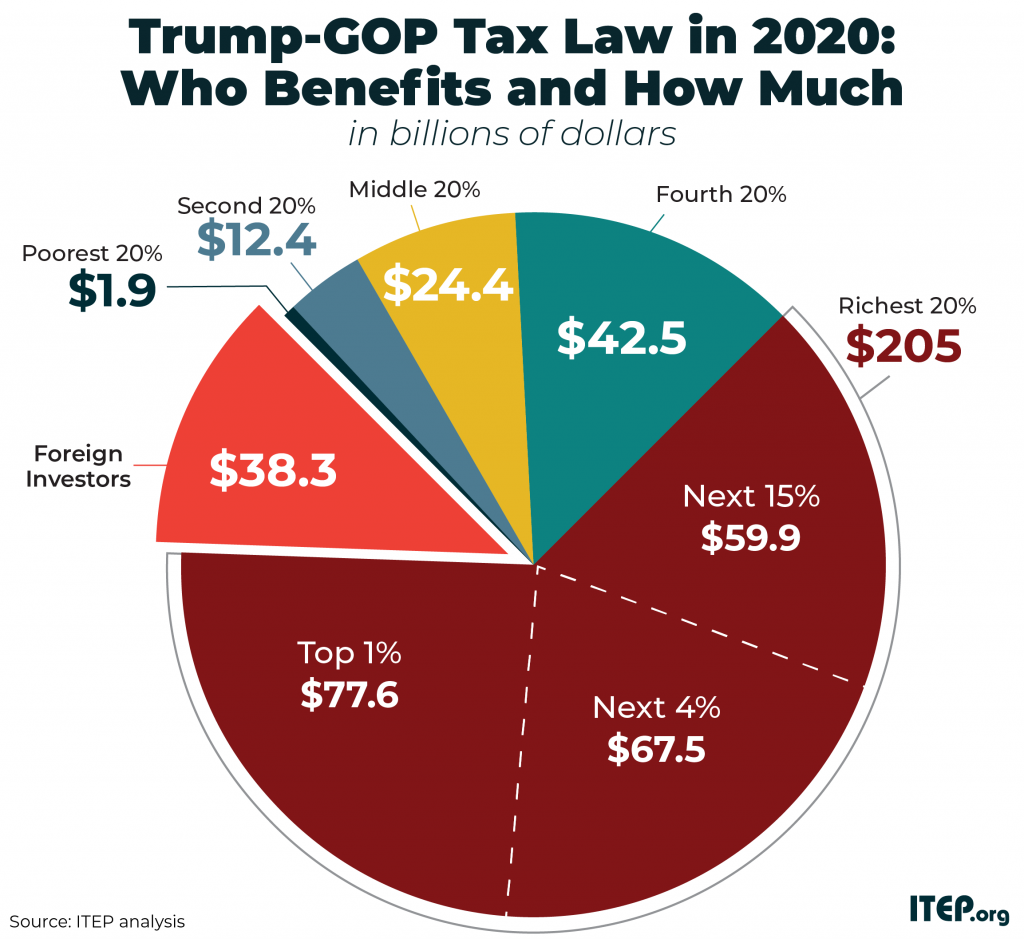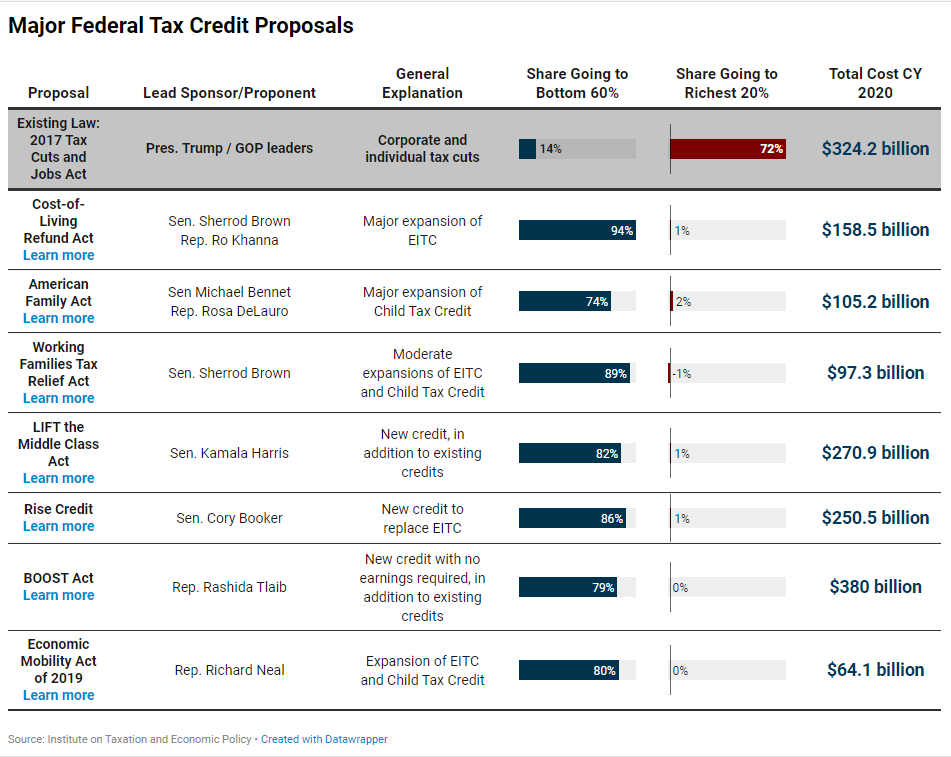The Biden administration’s move last week to establish an interagency working group to examine how well data is broken down, or disaggregated, within public sector data sources is welcome news. The executive order specifically names the limited availability of datasets disaggregated “by race, ethnicity, gender, disability, income, veteran status, [and] other key demographic variables.”
Large disparities in income, wealth, homeownership and other measures of well-being are pronounced across race, gender and disability, among other demographic factors. These differences are the result of myriad historical injustices, ongoing discrimination and policymakers’ unwillingness to more aggressively harness policy to address these inequities. But, as analysts of policy, we often have limited data with which to understand existing differences, making it hard to demonstrate how public policies might improve equity.
The formation of this taskforce is groundbreaking. A wide array of academics and researchers (including ITEP) have long used public sector data to explore the impact of policy on demographic groups. Work by researchers including Valerie Wilson, Elise Gould, Dorothy A. Brown, Darrick Hamilton, and Nina Banks have specifically been influential in shaping ITEP’s approach to producing race and ethnicity estimates. But data availability is limited. As a result, even organizations committed to providing disaggregated data face obstacles. Even where demographic statistics are provided, sample size is often limited, and known survey biases can make researchers understandably cautious about interpreting findings.
The administration’s announcement of a working group is a first step toward improving access to data disaggregated by race, gender and other demographics. By taking stock of existing public sector data sources and compiling recommendations for improved practices and infrastructure, this effort could lay the groundwork for better ensuring policymakers are held accountable for equity in outcomes.
To the extent that government agencies collect or have access to demographic data that they aren’t using, there may be much low-hanging fruit. This working group should push to explore those existing resources. Ultimately, however, researchers will probably have to enhance existing survey methodologies to improve disaggregation. Revisiting the relevance and structure of public data sources is a massive undertaking (and assuredly not cheap), but ensuring our nation can see itself in our official statistics is worth the investment many times over.
Broadening access to improved disaggregated data would allow for a radical, new level of public accountability. This kind of data can illuminate how policies perpetuate or increase existing systemic injustices. For example, ITEP estimates that the Trump tax cuts exacerbated post-tax racial income gaps by providing a disproportionate share of the value of tax cuts to tax units headed by white taxpayers. Disaggregated data can also lift the policies most effectively reducing economic inequities. Along this vein, ITEP has modeled a variety of expansions to the Child Tax Credit and the Earned Income Tax Credit, as well as proposals for new working families’ credits, and produced estimates of benefits by race and ethnicity. These credits seem likely to curb racial inequality, but even within this research, additional information on filing patterns, intra-tax unit structure and income components by demographic group would improve the precision of our estimates.
Policymakers have a responsibility to demonstrate that they are working to improve the situation of their constituents, but a constituency is never monolithic. People’s realities vary dramatically across race, disability status, gender and other demographic categories. We can never take for granted that a policy will equally help (or hurt) different populations, including tax policy which is not race-neutral or gender-neutral. This is a lesson that has been made especially acute by the current economic and public health crisis, which has disproportionately sickened and killed Black, Hispanic and Native American people.
Equity must be front and center in our country’s policymaking. This working group has the mandate to figure out how we’ll know that we’re anywhere near that goalpost.





